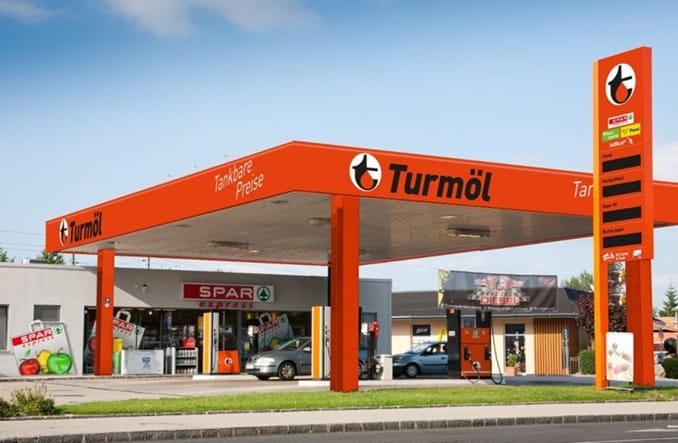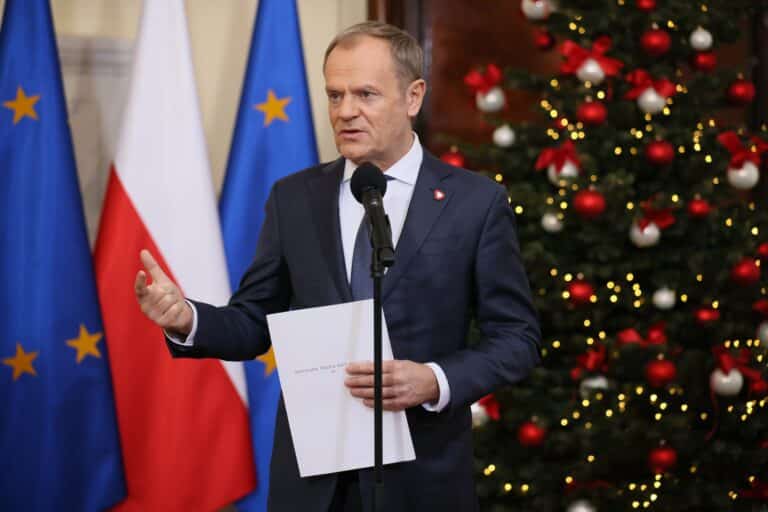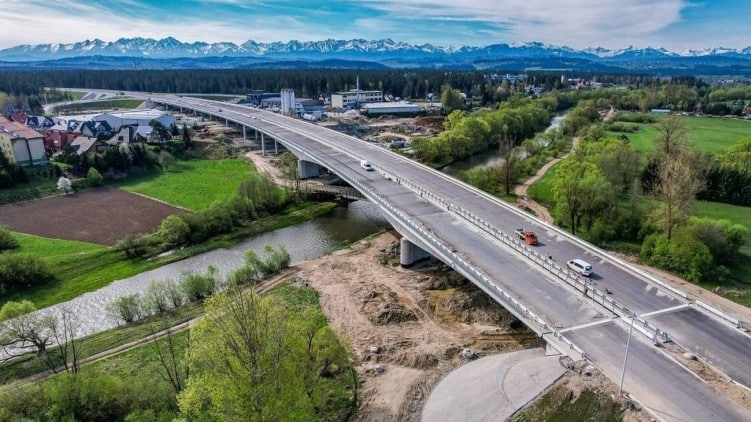Centralny Port Komunikacyjny Approved by European Parliament
On Wednesday, 24th April, the European Parliament approved construction of Poland’s Centralny Port Komunikacyjny (CPK) in the Trans-European Transport Network TEN-T. The Regulation on the network development was passed by overwhelming majority of 565 votes will enter into force 20 days after publication in the Official Journal. By adopting it the Parliament updated the EU’s plan to build a network of railways, roads and shipping routes connected through 450 ports and terminals across the EU, including 38 in Poland. TEN-T also contains special links, such as Rail Baltica from Warsaw to Helsinki, the Brenner Base Tunnel from Austria to Italy and Lisbon-Madrid high-speed railway.
EP rapporteur Barbara Thaler (EPP.AT) said: “The Regulation will enable rail transport to compete with road transport, if it is implemented as foreseen. It is now the Commission’s responsibility to ensure that member states fulfil their duties and to put the necessary pressure on them if they don’t act accordingly.”
Major transport infrastructure projects in the core TEN-T network should be completed by the end of 2030 to secure a comprehensive network by the end of 2050. EU railways will be directly connected to major airports processing more than 12 million annual passengers. A minimum 160 km/h speed should become the norm on passenger trains by 2040. Freight trains in the core will be running at speeds of 100 km/h and will be crossing internal EU borders in less than 25 minutes on average by the end of 2030. To guarantee better rest conditions for truck drivers, safe and secure parking places at least each 150 km will have to be set-up along major EU roads.
Under the new Regulation, transport infrastructure projects with Russia and Belarus are halted while links with Ukraine and Moldova are reinforced. MEPs also convinced EU governments to take into account military needs when constructing or upgrading infrastructure that overlaps with military transport networks, so as to ensure seamless transfer of troops and equipment. Within one year after the Regulation becoming effective the Commission will conduct a study on short-notice large-scale movements across the EU to facilitate military mobility planning.
Centralny Port Komunikacyjny envisaged in EP’s Regulation together with other 37 key Polish terminals will operate 37 km west of Warsaw as the greatest CEE transfer hub integrating air, rail and road transport to reach Warsaw in 15 minutes and other largest Polish cities in less than 2.5 hours. This location was recommended already in 1975 by two Polish experts prof. Henryk Panusz i dr Bogusław Jankowski and in 2010 by PriceWaterhousCoopers in its report produced for Donald Tusk’s government in 2010. The airport is expected is to be opened in 2008 costing about € 8 billion and employing over 150,000 people. It will be the biggest Polish infrastructure undertaking in history.
The airport to serve initially 40 million passengers per year but according to International Air Transport Association (IATA) by 2060 it can handle even 65 million passengers, as much as Heathrow. It will also become a hub in TEN-T network in Poland with 2000 km of new railways, including high-speed, and 400 km of new express roads with many towns bypasses. Representatives of world top airlines interested in the project sit in the Airport Consulting Committee (ACC), such as El Al, Emirates, Enter Air, Qatar Airways, SAS, Wizz Air, British Airways, Iberia, Aer Lingus, Level, Vueling, Lufthansa, Swiss, Austrian Airlines, Brussels Airlines, Eurowings, Air China, Singapore Airlines, United Airlines, Turkish Airlines, SouthAfrican Airways, IATA, DHL, FedEx.
After the Parliamentary elections in Poland in November 2023 the new government of Donald Tusk suspended CPK construction process to carry out several audits but after its initial reservations now declares continuity, perhaps with some optimisations, as many milestones have already been achieved. CPK has purchased 1000 ha of land for the construction site from local owners on preferential terms at 120% or 140% of market value. Relocations, demolitions and geological bores already started.
In 2022 the airport design contract was concluded with Foster + Partners and Buro Happold Limited and the construction permit for high speed railway tunnel in Łódź was obtained. In mid-2023 the Minister of Infrastructure accepted the General Plan, the Regional Director for Environmental Protection issued the environmental decision, Foster and Happold presented the architectural concept, the Civil Aviation Office issued its consent promise and CPK presented the Master Plan.In September 2023 CPK company’s equity was increased to zł 11.5b ($ 2.7b). In October it signed the contract for control tower design with JSK Architekci, while the Ministry of Funds and Regional Policy and the Centre for UE Transport Projects signed the contract on € 64m grant to development of the high speed line between Warsaw and Łódź. Also in October CPK selected the strategic investor, the consortium of Vinci Airports and IFM Global Infrastructure Fund to invest in total zł 8b ($ 2b) in exchange for 49% of shares in the company to build and manage the airport, the remaining 51% being held by the Polish State Treasury. In January 2024 second construction permit for Łódź tunnel was granted and works are now under way, as is the procedure for Mazowieckie Voievod’s location decision.







